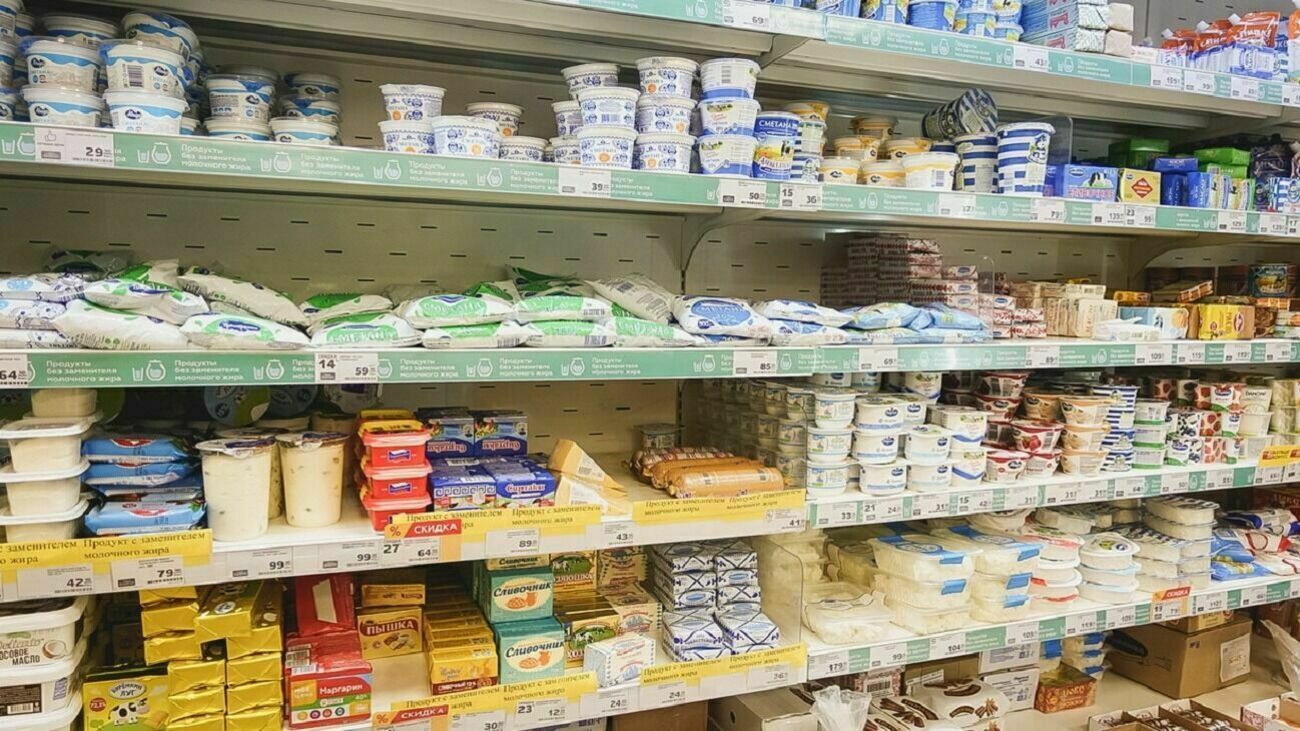Posted 2 февраля 2023, 07:54
Published 2 февраля 2023, 07:54
Modified 2 февраля 2023, 08:14
Updated 2 февраля 2023, 08:14

The Ministry of Agriculture announced sufficient stocks of starter cultures for fermented milk production
"Currently, domestic dairy industry enterprises have formed sufficient stocks of necessary raw materials and components, including bacterial starter cultures. At the same time, their deliveries to Russia continue. In addition, to meet the needs of the sector, systematic work is being carried out aimed at stimulating the domestic production of food ingredients", - the Ministry of Agriculture reported (quoted by Interfax).
The ministry also recalled the implementation in Russia of several major investment projects to establish high-tech production of bacterial starter cultures. Among them is the construction of a biofactory in the Yaroslavl region, which began last year. According to the ministry's statement, the production capacity of the enterprise will be 160 tons of products per year. In addition, another biofactory is being built in the Moscow region.
Earlier today, the founder of the agricultural holding "AgriVolga" Sergey Bachin in an interview with RBC expressed concern about the "total" dependence of the dairy industry on imports. In particular, from the supply of bio-starter cultures. He said that if sanctions are imposed on these supplies, the Russians may be left without sour cream.
At the same time, one of the investment projects mentioned by the Ministry of Agriculture for the construction of a biofactory in the Yaroslavl region is being implemented by AgriVolga. In an interview, the head of the holding said that at the first stage the company will be able to meet the needs of the market by 25%, and at the second stage — "somewhere up to the level of 50%." The businessman noted that at the moment the production of starter cultures in Russia covers about 10% of the market needs. The agreement on the construction of the biofactory was signed at the St. Petersburg International Economic Forum in 2022.
"In 2021, the total volume of the Russian market of starter cultures for the dairy industry amounted to about 744 tons (4.3 billion rubles)", - Interfax notes, referring to the experts' assessment.